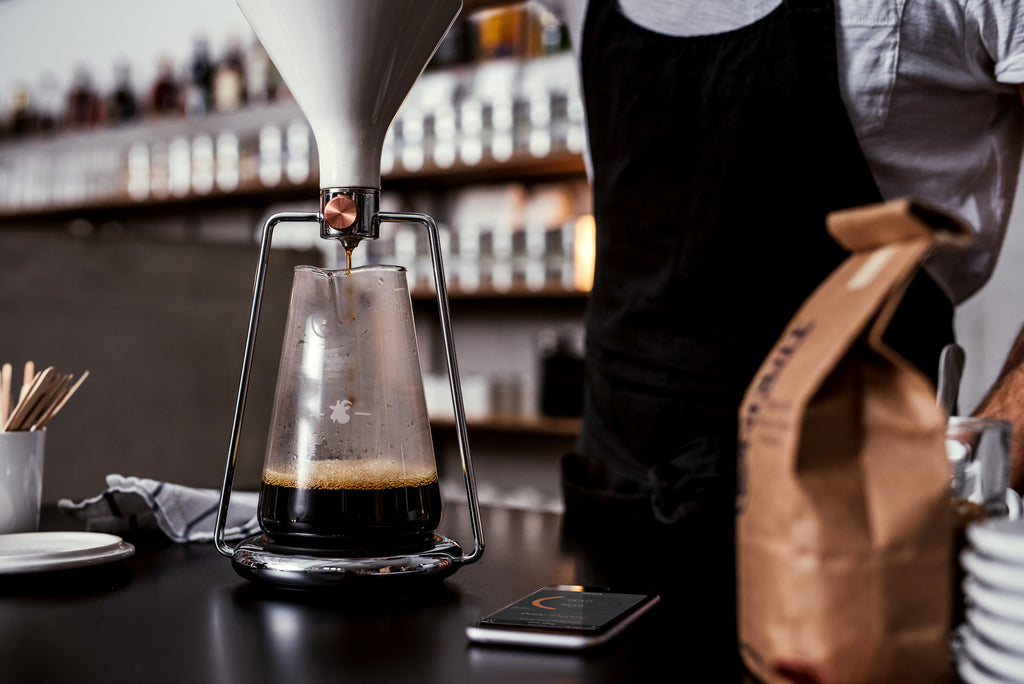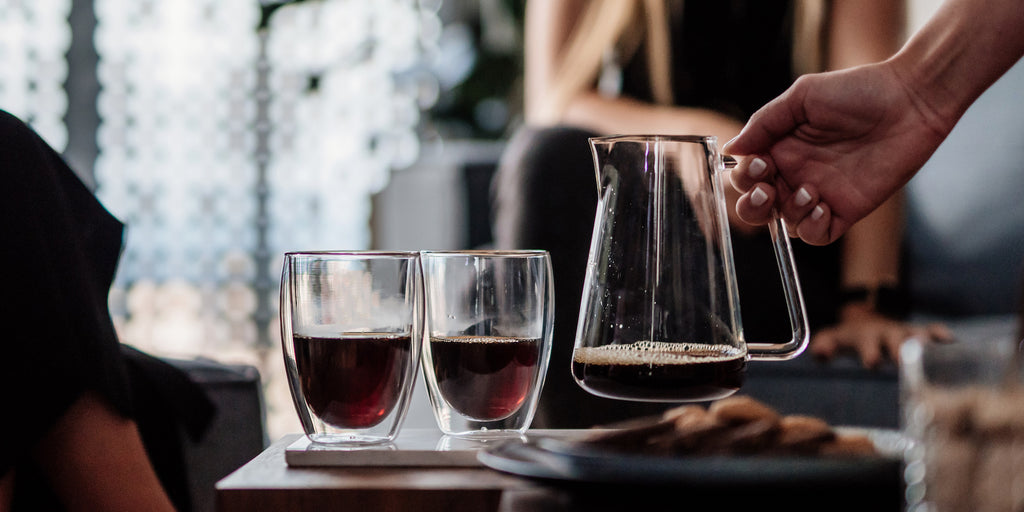About a bean: Specialty coffee – 80+ or is there more to it?
Cover photo: Dawid Ryski for Coffee Art Calendar
A while ago we sent out a survey to our community about coffee tasting where one of the questions touched the term “specialty coffee” and its definition. Roughly 64 % of the respondents claimed they know what specialty coffee is, while 36 % didn’t know the meaning (but almost all are willing to learn more). So here it is - our little banter about specialty coffee.
Most of us like to believe that the coffee we drink is indeed specialty coffee. But the term itself is … well, it’s a term. A couple of words. Imagine this – you come to a coffee shop, order an espresso, and loved it. Or you order a cup from a menu in a specialty coffee shop and you can barely finish it. In the end, it’s our taste that matters.

But …
There’s always a but. Specialty coffee in its most technical definition is Arabica beans that have no or little defects and have been graded with a score of 80 or more during the initial cupping (the maximum score a coffee can get is 100). Only a few people in the world are qualified to determine the quality of beans – qualified Q graders, masters of coffee tasting.
Specialty coffees are exceptionally good coffees that don’t grow by coincidence. They are a product of a specific climate (microclimate actually) and soil structure. It is the farmers who carefully produce and process those luscious red cherries. And the chain goes on, as the coffee passes the green coffee buyer, the roaster, and finally the barista. Specialty coffee is the pinnacle of efforts and focuses on standards and excellence by everyone involved in the life cycle of a coffee bean.
But (again), can you taste it?
Let’s be honest with ourselves for a second. If you were presented with two cups of coffee, one graded with a score of 75 and the other with a score of 85, would you be able to tell the difference? Sure, some people have a developed palate and can dissect a cup to perfection. But a vast majority of us are not quite there yet, so we need a little help to appreciate specialty coffee (or in simple words: someone needs to tell us we’re drinking awesome coffee). You can argue with that, but at GOAT STORY we have learned that the hard way; with years of experience in the coffee business, our coffee egos have taken quite a blow after attending a sensory course. It’s a never-ending learning process.
Third-wave and specialty coffee
Specialty coffee and third-wave coffee have been often used interchangeably. But (again a but …), let’s dig a bit more into the third wave. We see the third wave of coffee not as light roasts and coffee shops that offer specialty coffee (even if most of them do), but rather as a movement that puts coffee drinking into context. A barista in a third wave coffee shop will offer you insight into the cup of coffee you’re being served. Learning about its origin, the farmers that worked hard to produce it, how the coffee was processed. They’ll let you know how (and why so) the coffee was roasted. All of which will happen while the barista will do his final magic with the beans – brewing you a cup of coffee for you to enjoy.
Bottom line – a cup of perfectly brewed 90+ coffee can easily be forgotten if the consumer does not understand its background. The core of specialty coffee is not its 80+ score. It’s the story of that coffee and how it is told. It’s where the third wave and specialty coffee join hands and give you the ultimate coffee experience you’re searching for.

We're all in this together
In this little blog, we only took a small peek into what specialty coffee is. But bottom line, we have learned that specialty coffee is not just a number. It’s a mindset of appreciation for every stage of the coffee game. We depend on the quality and exceptional work by every single player in this game in every stage, from seed to cup. Or even better, from soil to cup!
Our job, as coffee consumers and the last player in the coffee game, is to learn more about coffee. Read, listen, look, taste, repeat. We all (from farmer to coffee lover) aim for the same thing - a great cup of coffee. Because (please don’t judge us on this cliche) - life is too short to drink bad coffee.






